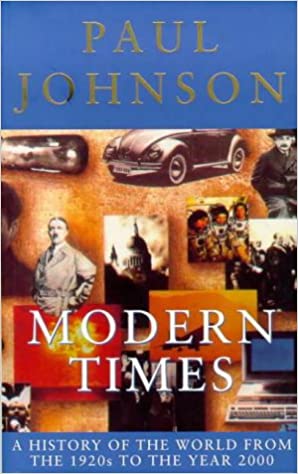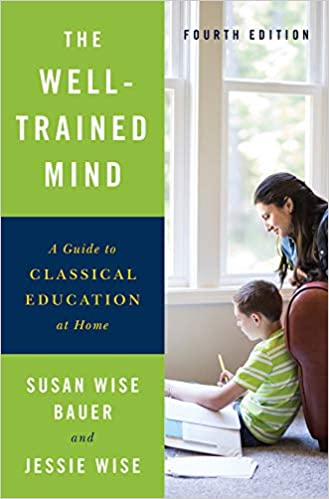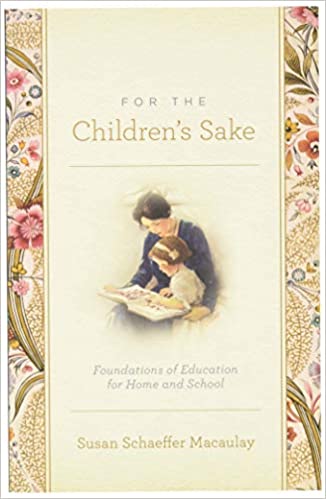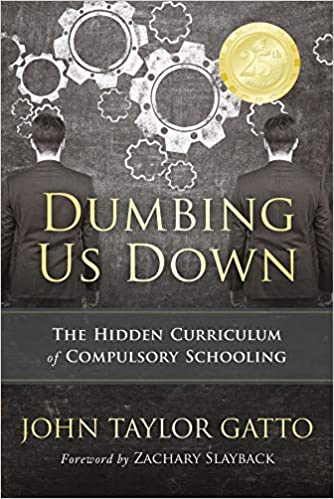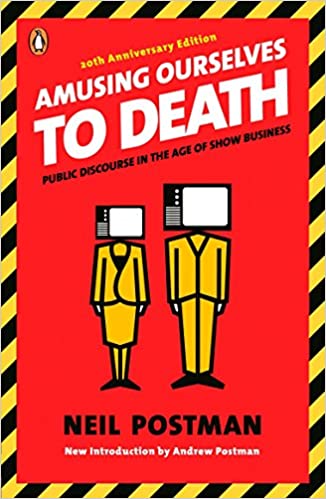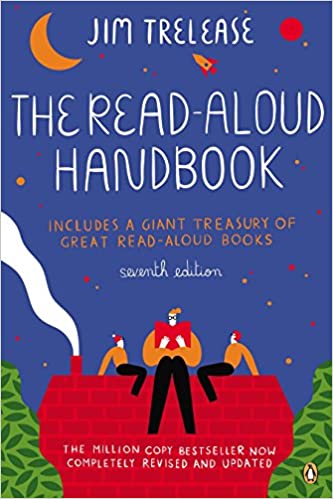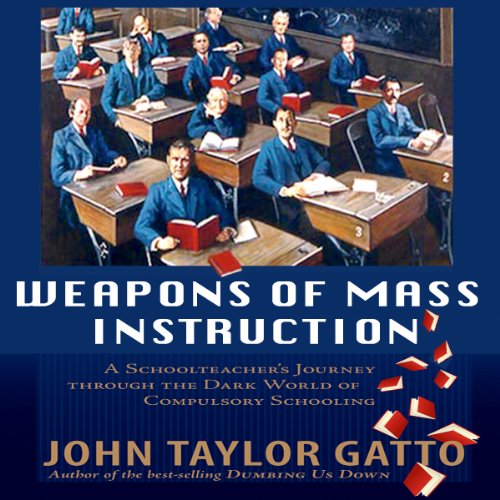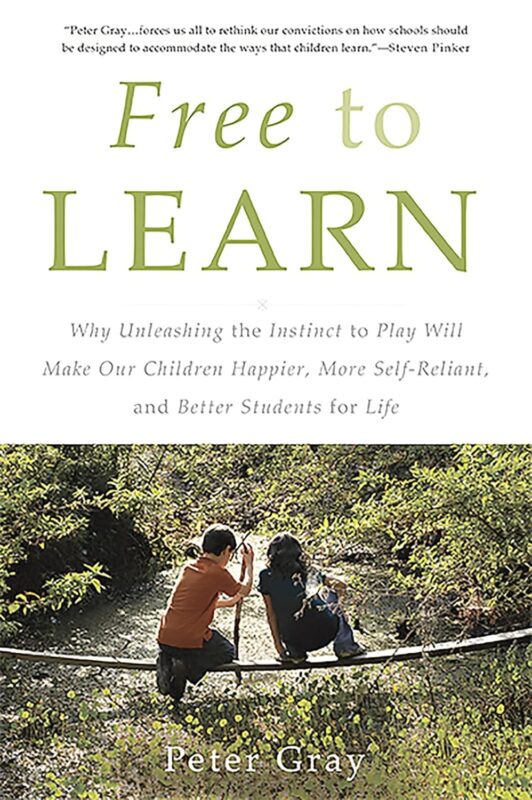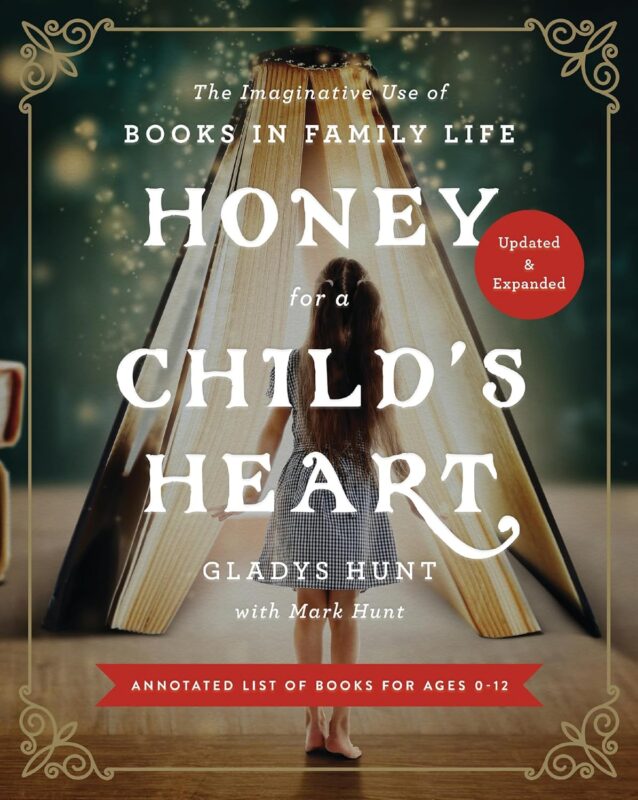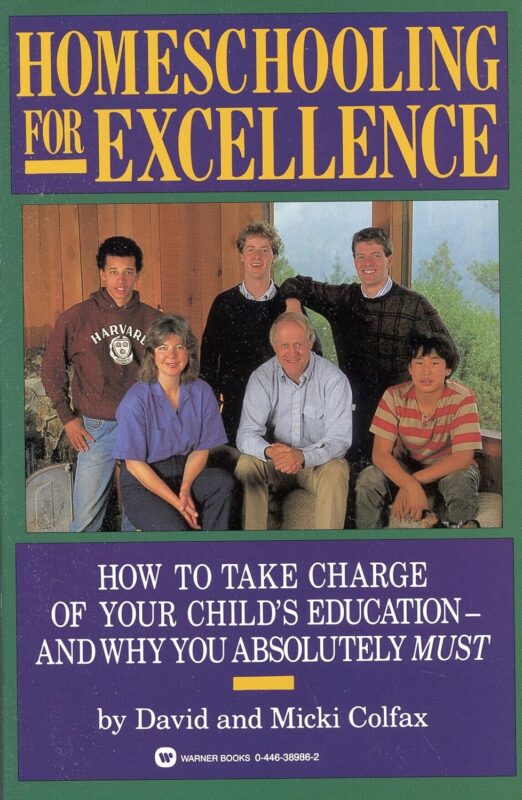The Liberal Arts Tradition: A Philosophy of Christian Classical Education (Revised Edition)
The Liberal Arts Tradition: A Philosophy of Christian Classical Education introduces readers to a paradigm for understanding a classical education that transcends the familiar 3-stage pattern of grammar, logic, and rhetoric. Instead, this book describes the liberal arts as a central part of a larger and more robust paradigm of classical education that should consist of piety, gymnastic, music, liberal arts, philosophy, and theology. The Liberal Arts Tradition also recovers the means by which classical educators developed more than just intellectual virtue (by means of the 7 liberal arts) but holistically cultivated the mind, body, will, and affections. This is a must-read for educators who want to take a second big step toward recovering the tradition of classical education.
More info →Modern Times: A History of the World from the 1920s to the Year 2000
The classic world history of the events, ideas, and personalities of the twentieth century.
More info →The Well-Trained Mind: A Guide to Classical Education at Home
From Amazon:
"The Well-Trained Mind will instruct you, step by step, on how to give your child an academically rigorous, comprehensive education from preschool through high school―one that will train him or her to read, to think, to understand, to be well-rounded and curious about learning. Veteran home educators Susan Wise Bauer and Jessie Wise outline the classical pattern of education called the trivium, which organizes learning around the maturing capacity of the child’s mind and comprises three stages: the elementary school “grammar stage,” when the building blocks of information are absorbed through memorization and rules; the middle school “logic stage,” in which the student begins to think more analytically; and the high-school “rhetoric stage,” where the student learns to write and speak with force and originality. Using this theory as your model, you’ll be able to instruct your child―whether full-time or as a supplement to classroom education―in all levels of reading, writing, history, geography, mathematics, science, foreign languages, rhetoric, logic, art, and music, regardless of your own aptitude in those subjects."
More info →For the Children’s Sake: Foundations of Education for Home and School
Every parent and teacher wants to give his or her children the best education possible. We hope that the education we provide is a joyful adventure, a celebration of life, and preparation for living. But sadly, most education today falls short of this goal.
For the Children's Sake is a book about what education can be, based on a Christian understanding of what it means to be human-to be a child, a parent, a teacher-and on the Christian meaning of life. The central ideas have been proven over many years and in almost every kind of educational situation, including ideas that Susan and Ranald Macaulay have implemented in their own family and school experience.
More info →Dumbing Us Down – 25th Anniversary Edition: The Hidden Curriculum of Compulsory Schooling
After over 100 years of mandatory schooling in the U.S., literacy rates have dropped, families are fragmented, learning "disabilities" are skyrocketing, and children and youth are increasingly disaffected. Thirty years of teaching in the public school system led John Taylor Gatto to the sad conclusion that compulsory governmental schooling is to blame, accomplishing little but to teach young people to follow orders like cogs in an industrial machine.
More info →Amusing Ourselves to Death: Public Discourse in the Age of Show Business
Originally published in 1985, Neil Postman’s groundbreaking polemic about the corrosive effects of television on our politics and public discourse has been hailed as a twenty-first-century book published in the twentieth century. Now, with television joined by more sophisticated electronic media—from the Internet to cell phones to DVDs—it has taken on even greater significance. Amusing Ourselves to Death is a prophetic look at what happens when politics, journalism, education, and even religion become subject to the demands of entertainment. It is also a blueprint for regaining control of our media, so that they can serve our highest goals.
More info →The Read-Aloud Handbook
Recommended by "Dear Abby" upon its first publication in 1982, millions of parents and educators have turned to Jim Trelease’s beloved classic for more than three decades to help countless children become avid readers through awakening their imaginations and improving their language skills. It has also been a staple in schools of education for new teachers. This updated edition of The Read-Aloud Handbook discusses the benefits, the rewards, and the importance of reading aloud to children of a new generation. Supported by delightful anecdotes as well as the latest research (including the good and bad news on digital learning), The Read-Aloud Handbook offers proven techniques and strategies for helping children discover the pleasures of reading and setting them on the road to becoming lifelong readers.
More info →The Communist Manifesto
“Let the ruling classes tremble at a Communistic revolution. The proletarians have nothing to lose but their chains. They have a world to win. Workingmen of all countries unite!” ― Karl Marx, The Communist Manifesto
This pocket edition is designed to be convenient enough to easily fit in a pocket, purse, briefcase or backpack, but with text large enough that it is easy to read, and margins large enough to be marked up by students of any age. This new edition, reproducing the 1888 authorized English translation of Marx and Engels's work of political theory. The translation in this edition is the translation authorized by Engels, by Samuel Moore (1838-1911).
The Communist Manifesto (officially Manifesto of the Communist Party) is an 1848 political manifesto by German philosophers Karl Marx and Friedrich Engels that laid out the program of the Communist League. Originally published in German (as Manifest der kommunistischen Partei) just as the revolutions of 1848 began to erupt, the Manifesto has since been recognized as one of the world's most influential political manuscripts.
It presents an analytical approach to the class struggle (historical and present) and the problems of capitalism and the capitalist mode of production, rather than a prediction of Communism's potential future forms. The Communist Manifesto contains Marx and Engels' theories about the nature of society and politics, that in their own words, "The history of all hitherto existing society is the history of class struggles". It also briefly features their ideas for how the capitalist society of the time would eventually be replaced by socialism, and then finally Communism.
More info →Free to Learn: Why Unleashing the Instinct to Play Will Make Our Children Happier, More Self-Reliant, and Better Students for Life
A leading expert in childhood development makes the case for why self-directed learning — "unschooling" — is the best way to get kids to learn.
"All kids love learning. Most don't love school. That's a disconnect we've avoided discussing—until this lightning bolt of a book. If you've ever wondered why your curious kid is turning into a sullen slug at school, Peter Gray's Free to Learn has the answer. He also has the antidote." —Lenore Skenazy, author of Free-Range Kids
In Free to Learn, developmental psychologist Peter Gray argues that in order to foster children who will thrive in today's constantly changing world, we must entrust them to steer their own learning and development. Drawing on evidence from anthropology, psychology, and history, he demonstrates that free play is the primary means by which children learn to control their lives, solve problems, get along with peers, and become emotionally resilient. A brave, counterintuitive proposal for freeing our children from the shackles of the curiosity-killing institution we call school, Free to Learn suggests that it's time to stop asking what's wrong with our children, and start asking what's wrong with the system. It shows how we can act—both as parents and as members of society—to improve children's lives and to promote their happiness and learning.
More info →Honey for a Child’s Heart Updated and Expanded: The Imaginative Use of Books in Family Life
A modern classic with over 250,000 copies sold, Honey for a Child's Heart is a compelling, essential guide for parents who want to find the best books for their children ages 0-12. This updated and expanded edition includes a new preface, an updated list of recommended reads for each age group, and audiobook suggestions.
A good book is a gateway into a wider world of wonder, beauty, delight, and adventure. But children don't stumble onto the best books by themselves. They need a parent's help. Author Gladys Hunt, along with her son, Mark, discusses everything from how to choose good books for your children to encouraging them to be avid readers.
Illustrated with drawings from dozens of children's favorites, Honey for a Child's Heart Updated and Expanded includes completely updated book lists geared to your child's age and filled with nearly one thousand longtime favorites, classics, wonderful new books, and audiobooks that will enrich your child's life. It will also show you how to:
- Understand the importance of being a read-aloud family, enjoying books together by reading aloud
- Give your children a large view of the world, of truth, and of goodness
- Encourage each child's imagination and good use of language
- Find the best books for your children
Thousands of parents have used this guide to furnish their children's inner spirit with the wonder and delight of good reading. Updated and expanded to keep pace with the ever-changing world of children's literature, it is sure to enrich the cultural and spiritual life of your home.
More info →Homeschooling for Excellence
THE COLFAXES DIDN'T START TEACHING THEIR BOYS AT HOME TO GET THEM INTO HARVARD - BUT THAT'S WHAT HOMESCHOOLING ACCOMPLISHED!
For over fifteen years, David and Micki Colfax educated their children at home. They don't think of themselves as pioneers, though that's what they became. Unhappy with the public schools, the Colfaxes wanted the best education possible for their four sons: a program for learning that met the evolving needs of each child and gave them complete control of how and what their children learned. The results? A prescription for excellence-Harvard educations for their sons Grant, Drew, and Reed. (Their fourth son is still too young for college.)
Now the Colfaxes tell how all parents can become involved in homeschooling. In a straight-talking book that reads like a frank conversation among friends, they tell what they did and how they did it: their educational approaches, the lessons they learned, and what materials-books, equipment, educational aids-proved most useful over the years. Best of all, they show you how you can take charge of your children's education-in an invaluable sourcebook that will help you find a rewarding and successful alternative to our failing schools.
More info →

